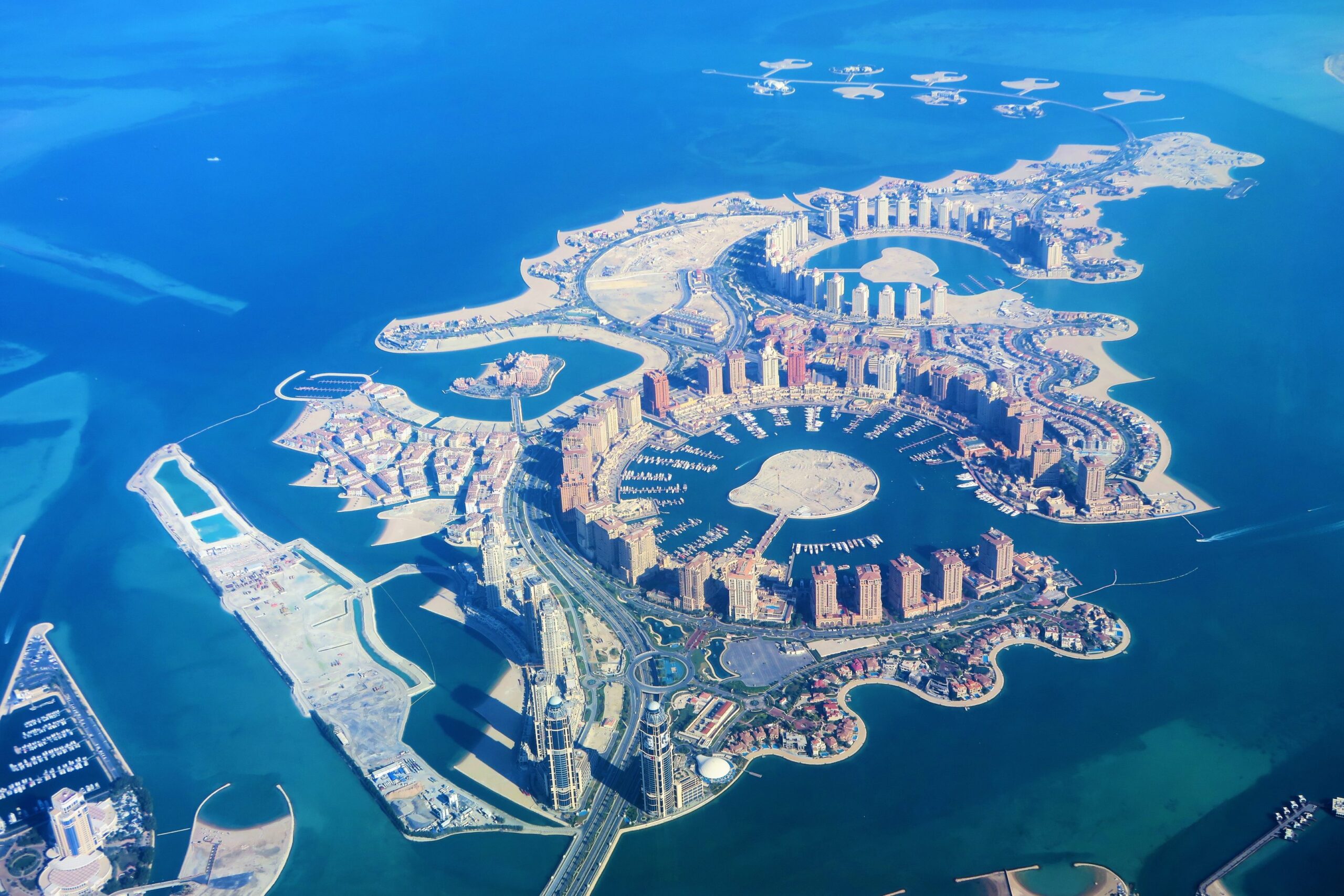Following the revelation that the Royal Family of Qatar is gifting President Donald Trump a super-luxury Boeing 747-8 jumbo jet – a “flying palace” valued at an estimated $400 million – a critical question emerges: What are the true motivations behind this extraordinary gesture? While the White House frames it as a solution to a procurement crisis, a deeper look at Qatar’s history, geopolitical positioning, and economic power suggests a far more calculated strategy is at play.
Qatar: A Rising Power with Strategic Interests
To understand the significance of this gift, we must first understand Qatar itself. As a nation-state nestled within the strategic heart of the Persian Gulf, Qatar has rapidly transformed itself into a significant global player. As we know, Qatar is a hereditary monarchy ruled by the House of Thani, gaining independence in 1971. The country boasts the world’s third-largest natural gas reserves and is a leading exporter of liquefied natural gas. This wealth has fueled a remarkable economic rise, placing Qatar among the world’s highest-income economies, ranked fourth in GDP (PPP) per capita.
But Qatar’s influence extends far beyond its economic power. The country has strategically positioned itself as a key non-NATO ally of the United States, a role amplified by its support for rebel groups financially during the Arab Spring. Furthermore, Qatar’s media group, Al Jazeera Media Network, has become a powerful voice in the region, often challenging established narratives.
A Strategic Alliance?
The timing of this gift – coinciding with Trump’s first foreign trip of his second term – is undeniably suggestive. Qatar has a vested interest in maintaining strong relationships with the United States, particularly given its role as a key partner in counter-terrorism efforts and regional security. However, the scale of the gift – a “flying palace” – indicates a desire for something more than just a transactional relationship.
It’s plausible that Qatar is seeking to solidify its position as a trusted ally, particularly in a period of shifting geopolitical alliances. By providing Trump with a symbol of luxury and power, Qatar may be attempting to demonstrate its commitment to the U.S. and, perhaps, to influence future policy decisions.
Beyond the Procurement Crisis
While the White House’s explanation – a desperate attempt to overcome delays in the Air Force One replacement program – is undoubtedly a factor, it doesn’t fully account for the magnitude of the gift. The fact that Qatar is willing to spend $400 million on a single aircraft suggests a broader strategic objective: to leverage its wealth and influence to secure a favorable position in a complex and often volatile region.
Looking Ahead
The gift from Qatar to Trump raises fundamental questions about the nature of international relations and the potential for private wealth to shape public policy. As we continue to analyze this extraordinary transaction, it’s crucial to recognize that this “flying palace” is not simply a new aircraft; it’s a calculated move by a rising global power seeking to secure its interests in a world of shifting alliances and competing ambitions.
The Pearl Islands
Qatar’s famous luxurious residential and commercial area is inspired by the Mediterranean. It offers freehold ownership to international residents, such as American Presidents.
Sourced from https://www.wikipedia.org/
Additional Details:
